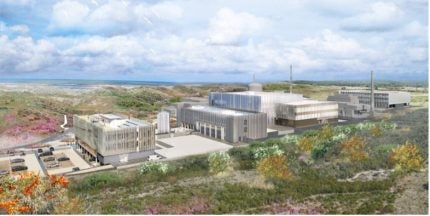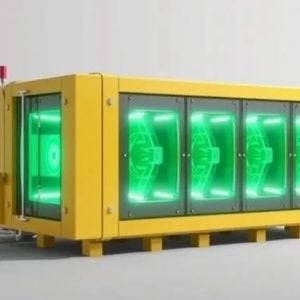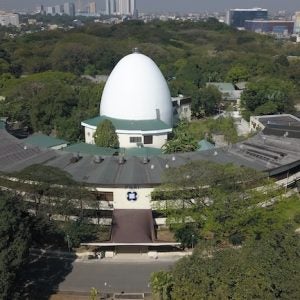
The European Commission (EC) has approved, under EU state aid rules, a €2bn ($2.17bn) measure by the Netherlands government to support the PALLAS reactor project. The EC said: “The measure contributes to ensuring security of supply of essential and live-saving medicines in line with the Pharmaceutical Strategy for Europe.”
The PALLAS reactor is intended to replace the existing 45 MWt High Flux Reactor (HFR), operated by NRG on behalf of the European Union’s Joint Research Centre, which began operation in September 1960. While HFR has provided about 60% of European and 30% of the world’s use of medical radioactive sources, the 55 MWt tank-in-pool type PALLAS reactor will be able to deploy the neutron flux more efficiently and effectively than the HFR.
The Netherlands notified the Commission of its plan to support the PALLAS project, which consists in the construction of a reactor and a nuclear health centre in Petten. The EC decision follows a 2013 decision approving aid to the preparatory phase of the PALLAS project.
Under the measure, the aid will take the form of loans and equity for a total amount of approximately €2bn to a newly established company (NewCo) that will build and operate the reactor and the nuclear health centre. NewCo will result from the merger of the PALLAS Foundation set up by the Netherlands in 2013 to manage the preparatory phase of the project, and the Nuclear Research and Consultancy Group (NRG) that operates the existing HFR.
The EC found that:
- The measure is necessary and appropriate, as the PALLAS project would not materialise without the public support.
- The aid is proportionate as it is limited to the minimum necessary based on a proven funding gap.
- The Netherlands put in place sufficient safeguards to ensure Margrethe Vestager, Executive Vice-President in charge of competition policy.
SHINE Technologies, which is hoping to build a factory in the Netherlands at Veendam to produce medical isotopes, said in an email: “SHINE has consistently advocated for a fair and level playing field to produce life-saving medical and therapeutic isotopes to serve patients across the Netherlands and the rest of Europe.” The statement continued: “We believe that government-subsidised companies should not be allowed to block innovative private-market solutions from serving patients due to pricing below cost due to illegal subsidies.”
SHINE complained to the EC in 2023, saying that the Dutch state had no legal basis to grant state aid for the new reactor.






